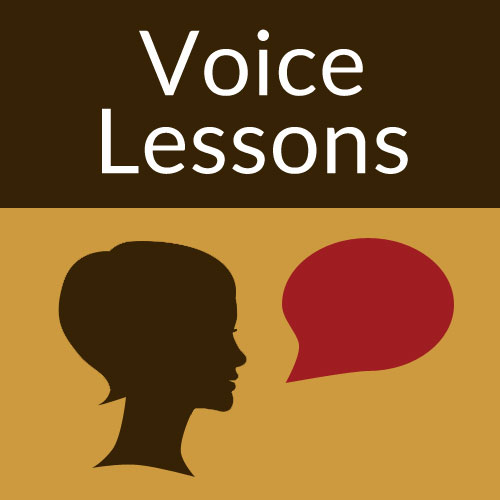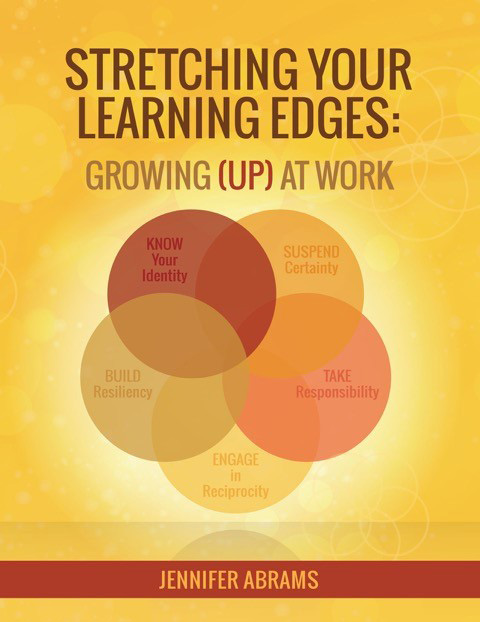Must Be Present to Win
March 1, 2024

I had the good fortune of being in Ho Chi Minh City for Tet, the Lunar New Year. And as I got over some of the jet lag that comes with a 15-hour time difference, I had the privilege to go to a few Buddhist temples. These temples are such special places. The space is so alive with both human movement and chanting as well as a deep sacredness and silence. The bright red colors of the lanterns, the earthy smell of incense, the candles fluttering in the air, the oil for purchase, and the fruits and the flowers on every altar.
The temple welcomes everyone. All can come and bring their wishes and dreams, their hopes for good health and their yearnings for prosperity, and their expressions of care and gratitude for those with them and for those who have departed.

In one of the temples, I went up to the 4th floor and had a chance to actually sit and be. As I sat there, with respect for the environment and for the occasion, I brought with me
- An appreciation for silence
- An ability to sit still and be in the moment
- An awareness of the social contract of being in a temple (and what to do and not do)
- An acknowledgement of the interconnectedness of us all
- A humility that I am but one person on the planet and yet have obligations and responsibilities to all here
- A gratitude for those who keep the temple beautiful and safe
I left more at peace, more connected to others, and even more at ease with who I am. That’s a pretty good use of my time. As the title of the blog says, “I had to be present to win.” And benefit, I did.
You might think this next bit is a leap, and perhaps too far of a leap, but hear me out.
I honestly have been thinking of how when we as educators come together for learning with and from each other – at the end of a day or on full days of professional learning or just anytime we meet and collaborate, do we bring any of the mind sets or capacities I just mentioned? Are those capacities or experiences intentionally incorporated into the experience and do we leave more at peace, more connected to others, or more at ease with ourselves?
I am aware of, and believe in, a separation of church and state in public schools. I know that PD days aren’t always the moment where, with an ever present urgent versus important mentality, we need primarily focus on the content (AI, Assessment, Differentiation, etc.) and we often don’t or can’t find time for connectedness and reflection. Some might find any moment of quiet in a professional learning day to be too touchy feely or find it uncomfortable to engage in that way. And yet, is it an either-or moment? Might it be a both-and moment? And, what additional benefits to the school culture and climate might come with that both-and perspective?
As schools are concerned about social emotional wellbeing, mental health challenges, teacher burnout, and recruitment of new teachers into our professional (as well as retention of those already in it), might we think about being more intentional about creating experiences that leave us more at peace, more connected to others, and even more at ease with who we are? Both-and is my choice. Let’s find time to be more present (to win). Join me.
If you have any questions, comments, or suggestions, please feel free to email me at jennifer@jenniferabrams.com. I look forward to hearing from you.
Cool Resources
Here is a website I have been digging into and two books to go on my ‘to read’ list.
Starts With Us – “Starts With Us is a growing movement equipping Americans to overcome toxic polarization and effectively solve our toughest problems. We use media and technology to foster independent thinking and constructive communication across our differences – inspiring and empowering our community to practice curiosity, compassion, and courage every day.”
Uncertain: The Wisdom and Wonder of Being Unsure by Maggie Jackson. “A scientific adventure tale set on the front lines of a volatile era, this epiphany of a book by award-winning author Maggie Jackson shows us how to skillfully confront the unexpected and the unknown, and how to harness not-knowing in the service of wisdom, invention, mutual understanding, and resilience… Each chapter examines a mode of uncertainty-in-action, from creative reverie to the dissent that spurs team success. Step by step, the art and science of uncertainty reveal being unsure as a skill set for incisive thinking and day-to-day flourishing.”
How Minds Change: The Surprising Science of Belief, Opinion, and Persuasion by David McRaney. “When self-delusion expert and psychology nerd David McRaney began a book about how to change someone’s mind in one conversation, he never expected to change his own. Delving into the latest research of psychologists and neuroscientists, HOW MINDS CHANGE explores the limits of reasoning, the power of groupthink, and the effects of deep canvassing. Told with McRaney’s trademark sense of humor, compassion, and scientific curiosity, it’s an eye-opening journey … that ultimately challenges us to question our own motives and beliefs.”

